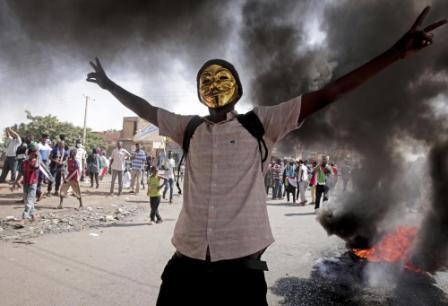Achieving Civilian Political Leadership in Sudan
The UNITAMS initiative has done important work in gathering information from the grassroots Resistance Committees, civil society, professional associations, the Diaspora and political parties regarding their political, social and economic objectives now and in the future. The compilation of this information by UNITAMS can help inform the next steps of the transition.
We know, however, that UNITAMS, does not have the necessary leverage or will, given its member states, to pressure those who are resistant to change to comply with the demands of the people. The UN Security Council was blocked from even making a statement as it witnessed an increase in atrocities and arbitrary detention of civilians by coup leaders. With each passing day, coup leader positions of power are further entrenched, and the vision of freedom, peace and justice becomes more distant.

